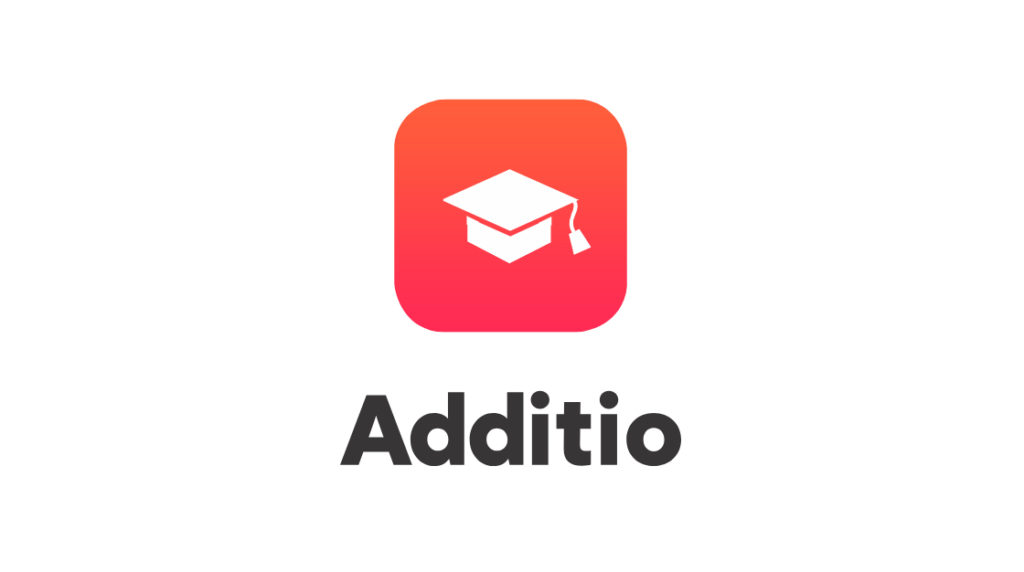In the current educational environment, language teaching has become a fundamental pillar to prepare students for an increasingly globalized future. Skills related to communication in other languages are increasingly essential, and there are numerous teachers seeking to innovate in the way these skills are taught.
This is the case of Nerea Benítez, also known as @myteachingexperience on Instagram. We have been able to talk with her about the present and future of language teaching and learning in the primary stage, and she has told us about the importance of innovation and the use of educational technologies in this area.
Discover it all in the interview we conducted with her.
1. Who is Nerea Benitez? Tell us a bit about yourself.
Hello! I am Nerea Benitez, an English teacher from the Valencian Community. I work in a public school about 40 kilometers from Valencia. This is my fifth year at said school, and my sixth working in the public school.
I am passionate about active methodologies and ICT. I love learning and participating in training sessions to improve my teaching practice.
Apart from being a teacher, I like to share my educational experiences through my Instagram page @myteachingexperience, which has led me to do different training for teachers.
2. How were you inspired to create your Instagram account @myteachingexperience? What resources do you share there?
In 2018, I took the teaching exams for the first time and secured a position. From that moment, I decided I wanted to share what I had learned in the process and everything I was doing in my day-to-day teaching as a portfolio and memory.
I used to follow other educational accounts from my personal account, and I found what they did to be beautiful and altruistic. I thought, “Why not me?” However, I never imagined that my account would become so popular, and my resources would interest so many people. Currently, I share activities and materials I use in my learning stations, final tasks at the end of learning situations, game ideas, my assessment methods, and the assessment tools I use.
3. What challenges do primary school English teachers currently face?
I would say there are many challenges. To start with, having large classes with various skill levels in the same class. Add INCLUSION to all this, as we must consider all students and ensure that everyone reaches their goals.
Additionally, there is a significant lack of resources: not enough books or games in schools compared to other subjects.
Lastly, changes in laws require us to constantly update our skills for something that changes every 2 or 3 years, and we encounter many difficulties in accurately assessing students.
4. What do you think language teaching at school will be like in the future? Or how would you like it to be?
I believe there is a growing emphasis on personalized learning where teachers adapt content to the pace and needs of their students. Also, there is a focus on developing social and cultural skills necessary for effective communication. Teaching vocabulary and grammar in a decontextualized manner will be phased out, and language learning will become more global and meaningful for students.
I would love for doors to open to more activities and projects with schools around the world. This way, our students could form alliances and friendships globally, providing them with more opportunities to practice the foreign language in real contexts.
5. Do you think that, in general, language teaching has become obsolete? Let’s think about the mythical workbook and listening taken from a CD player…
I believe language teaching has evolved over time, and in many places, more innovative pedagogical approaches and technological resources are being implemented to enhance language learning. However, there are still some “roots,” so to speak, that are embedded, and it’s challenging to leave them behind.
For example, preparing all classes based on grammar teaching and memorization of vocabulary lists; the lack of Anglo-Saxon culture and interculturality for students to not only learn the language but also understand and appreciate cultural differences; the lack of real-world practice, as most students lack opportunities for real communicative situations; and the use of traditional assessment based on exams where written expression is mainly evaluated.
6. If so, how can you innovate in language teaching and learning?
Firstly, I believe it starts with us, the teachers. We need to stay updated and trained, but above all, motivated. If we are motivated, we can transmit that to our students. Additionally, it would be essential to adapt to the changes in society and, therefore, integrate technology into our teaching duties, such as planning and conducting more competency-based and fair assessments. For example, with Additio App, we can achieve this.
Regarding language learning, I think we should embrace a more communicative approach, give due importance to culture, and use project-based learning in our classrooms so that students engage in real-world situations using the foreign language.
7. Can you tell us examples and tips of how you innovate in teaching English?
Several years ago, I decided that textbooks and the pressure of the curriculum would not determine my teaching approach. Currently, I have four 45-minute English sessions per week, distributed as follows: one for storytelling and promoting reading, one for learning stations, and the other two for textbook activities or workbook exercises.
Moreover, all my sessions begin with a visual agenda detailing everything we will do in each session. We always have a daily challenge or task that I present to them. Thanks to this, I have managed to increase their motivation at the beginning of classes, and we review and consolidate content every day.
Additionally, I use different digital tools that help make my classes more innovative and dynamic.
8. What advantages do you think the use of digital tools like Additio App brings in the English classroom?
From my perspective, using Additio in the English classroom has many advantages. I have been using it for six years.
Firstly, it allows us to easily organize everything we need: sessions, attendance records, schedules, tasks, grades… This is essential for having everything structured and in one place. Since everything is in the cloud, you can be confident that you will never lose it, and you can access the platform from different electronic devices.
Secondly, it facilitates collaboration among teachers as it has a vast network of evaluation instruments (rubrics) that you can share, use, or adapt as needed. All of this saves a lot of time, improves the efficiency of our work, and creates a more effective and productive learning environment for us, and consequently, our students benefit.
9. Have you noticed improvements in school management and saving time and resources since using Additio App in your classes?
Of course. I noticed what can I managing time much better since using Additio. In addition, I have found many very useful rubrics for my classes that have allowed me to invest that time in other teaching tasks.
10. On November 4 you will celebrate the Motivated Teachers, Motivated Students (MTMS) event, in which Additio App will be present, and with which you seek to bring together language teachers for a day of inspiration. Can you tell us more about MTMS?
MTMS stands for Motivated Teachers, Motivated Students, which is our motto. We deeply believe that we teachers are the key to change, and we need training that motivates us.
In our conference, the speakers are not education gurus; they are teachers currently working in different schools, high schools, or academies who want to teach you practical tools and techniques that you can apply immediately in your classroom.
Among the workshops, we cover topics such as assessment, gamification, theater, ICT, environmental education, games, and an idea toolkit.
We have two modalities: the in-person event that will take place in Valencia on November 4th, and the online version, where everyone can organize their schedule to watch the workshops at their own pace because they don’t expire.
We are delighted to have Additio as one of our official collaborators in our conference, as, as I mentioned earlier, I have been using it for six years, and it greatly facilitates my teaching work.
If anyone needs or wants more information about the MTMS conference, they can contact me through my Instagram account, or they can visit the website https://palestraedu.com/mtms/.




